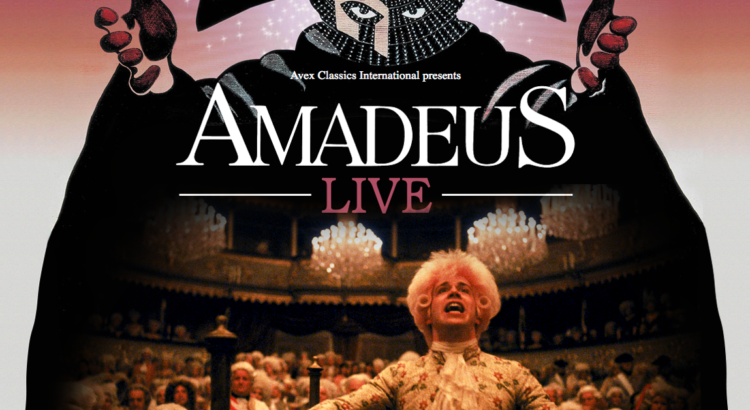

In 1781, when Mozart meets the Emperor, Salieri presents Mozart with a "March of Welcome", which he toiled to create. He also first recognizes the immense talent displayed in the adult works of Mozart. Salieri sees that offstage, Mozart is irreverent and lewd. Salieri secretly observes Mozart at the Archbishop's palace, but they are not properly introduced. Mozart arrives in Vienna with his patron, Count Hieronymus von Colloredo, the Prince-Archbishop of Salzburg. He is content as the court composer for Holy Roman Emperor Joseph II. Salieri begins his career as a devout, God-fearing man who believes his success and talent as a composer are God's rewards for his piety. In his narrative, he is suddenly an adult joining the 18th century cultural elite in Vienna, the "city of musicians". He describes how his father's plans for him were to go into commerce, but suggests that the sudden death of his father, who choked to death during a meal, was "a miracle" that allowed him to pursue a career in music.

He reminisces about his youth, particularly about his devotion to God and his love for music and how he pledges to God to remain celibate as a sacrifice if he can somehow devote his life to music. Salieri's story goes on through the night and into the next day.

Salieri is sullen and uninterested but eventually warms to the priest and launches into a long "confession" about his relationship with Mozart. Placed in a lunatic asylum for the action, Salieri is visited by a young priest who seeks to take his confession.


 0 kommentar(er)
0 kommentar(er)
